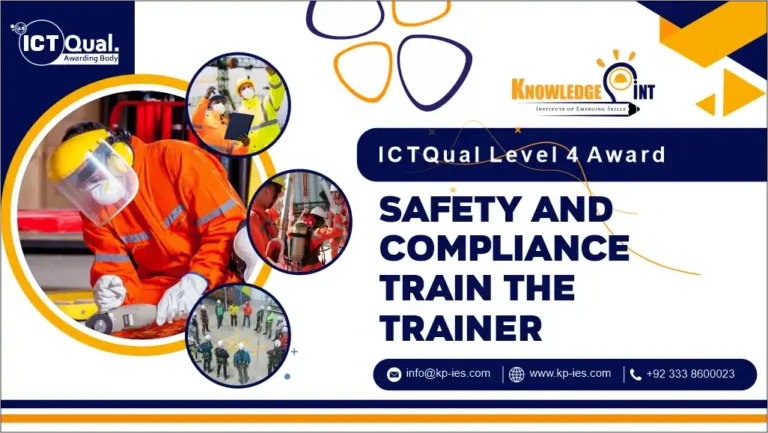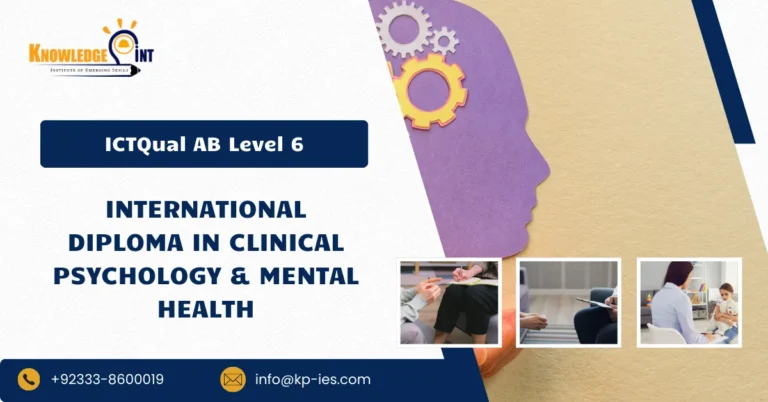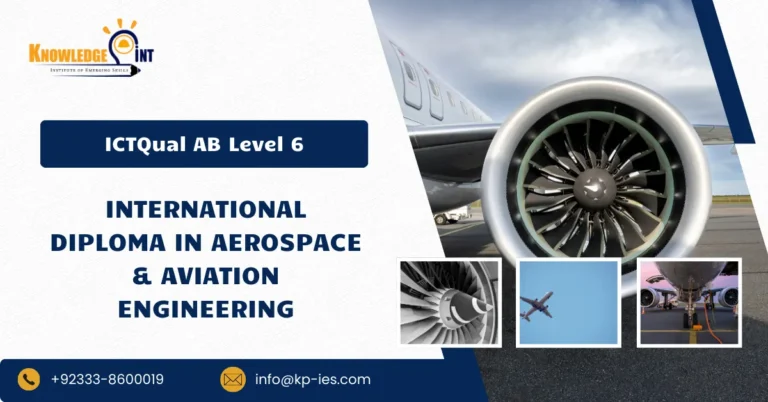ICTQual AB Level 6 International Diploma
Biotechnology & Biomedical Engineering
Awarding Body
ICTQual AB
Credits
360 Credits
Course
Healthcare
study mode
Online Learning
Course overview
The ICTQual AB Level 6 International Diploma in Biotechnology & Biomedical Engineering is designed for healthcare professionals, scientists, and aspiring biomedical engineers seeking advanced knowledge and hands-on expertise in biotechnology and biomedical applications. The programme provides a comprehensive understanding of modern laboratory techniques, biomedical instrumentation, and biotechnological processes, preparing learners to work confidently in research laboratories, hospitals, clinical diagnostic centres, and biotechnology companies while adhering to international standards of safety, quality, and regulatory compliance.
Throughout the course, students develop critical analytical, problem-solving, and technical skills essential for innovation in biomedical research and laboratory practice. Key areas of study include molecular biology, genetic engineering, bioinformatics, biomedical device technology, tissue engineering, laboratory management, and quality assurance. The programme also emphasizes laboratory safety, accurate data interpretation, research methodology, and the application of cutting-edge technologies to deliver reliable results and support evidence-based healthcare and scientific decisions.
This diploma is ideal for biotechnology specialists, biomedical engineers, laboratory technologists, and healthcare professionals aiming to advance their careers in clinical research, biomedical engineering, or biotechnology sectors. Graduates gain the competence to perform complex experimental procedures, operate modern biomedical equipment, ensure regulatory compliance, and contribute to scientific innovation. The Level 6 qualification also supports progression to higher education, professional certifications, and senior technical or managerial roles within the global biotechnology and biomedical industry.

Approved Training centre of ICTQual AB
Centre # : ATC24001

Entry Requirments
Entry Requirements for the ICTQual AB Level 6 International Diploma in Biotechnology & Biomedical Engineering:
- Educational Qualifications:Applicants should have a diploma or bachelor’s degree in biotechnology, biomedical science, medical laboratory technology, or a related healthcare/science field.
- Professional Experience:Relevant work experience in laboratories, biomedical research, or healthcare settings is preferred but not always mandatory.
- English Language Proficiency:Since the program is delivered in English, learners must show competence in reading, writing, and communication.
Course structure
ICTQual AB Level 6 International Diploma in Biotechnology & Biomedical Engineering in Personal Protective Equipment qualification consists of 36 mandatory units.






